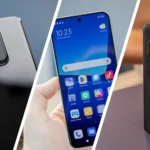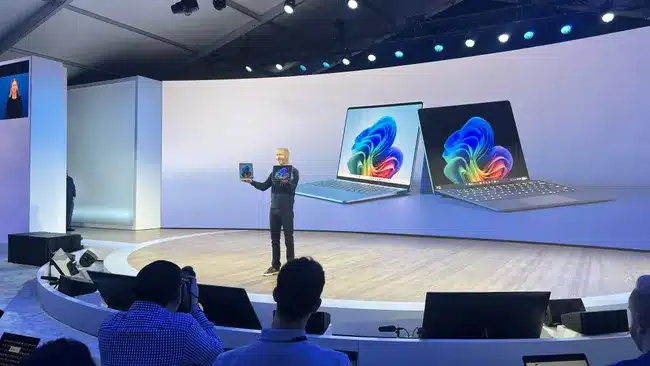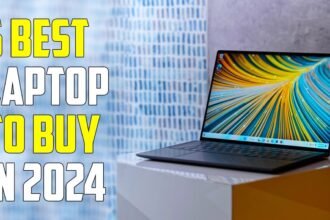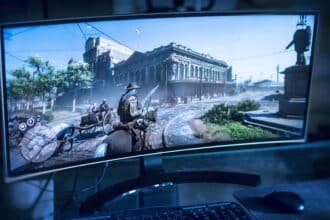Copilot PC laptops have sparked considerable interest in the tech community, promising a new era of productivity and efficiency. Designed to integrate seamlessly with Microsoft’s ecosystem, these laptops leverage AI and machine learning to enhance user interactions and streamline workflows. However, my week-long exploration with Copilot PC laptops has revealed insights that suggest their potential may extend beyond Microsoft’s envisioned goals.
User Experience and Interface Integration
The integration of AI into Copilot PC laptops is evident in various aspects of user experience. From intuitive voice commands to predictive text and automated task management, AI algorithms aim to simplify daily tasks and optimize productivity. This seamless integration across Microsoft applications and services underscores Microsoft’s commitment to enhancing user efficiency and experience.
Productivity Enhancements and Efficiency Gains
One of the standout features of Copilot PC laptops is their ability to anticipate user needs and automate repetitive tasks. Through personalized recommendations and contextual insights, these laptops aim to minimize manual inputs and maximize productivity. For professionals handling complex workflows or multitasking across applications, these efficiency gains can translate into significant time savings and improved work output.
Limitations and Learning Curve
Despite the promising advancements, my experience with Copilot PC laptops has also highlighted certain limitations and a learning curve. The reliance on AI for decision-making and task automation may not always align with user preferences or workflows. Adjusting to AI-driven suggestions and customizing settings to personal preferences can require time and experimentation, potentially impacting initial productivity gains.
Security and Privacy Considerations
The integration of AI into Copilot PC laptops raises valid concerns about data security and privacy. As these devices collect and analyze user data to improve functionality, ensuring robust security measures and transparent data handling practices is crucial. Microsoft’s commitment to privacy and compliance standards will be critical in maintaining user trust and mitigating potential risks associated with AI-driven technologies.
Future Implications and Industry Trends
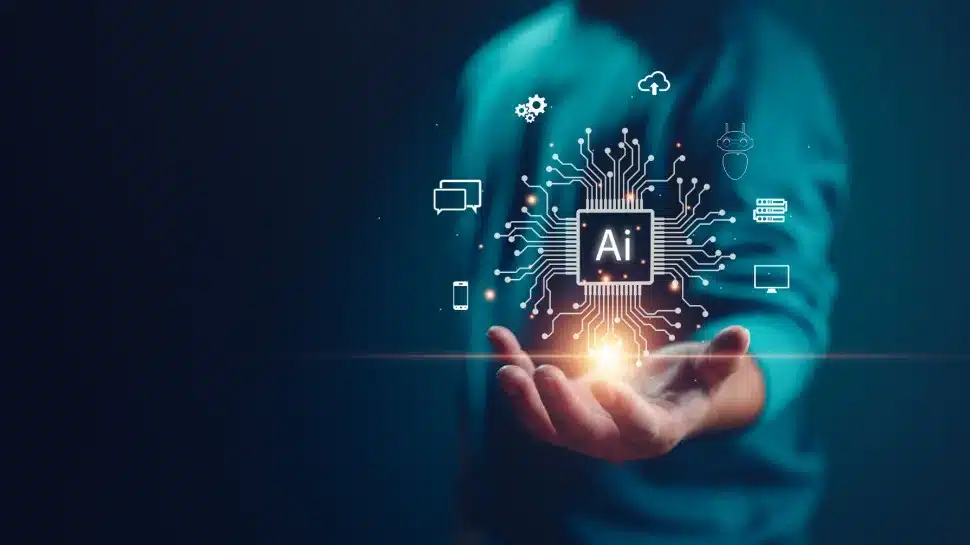
Looking ahead, the adoption of Copilot PC laptops signals broader trends in the tech industry towards AI-driven computing solutions. Beyond Microsoft, other tech giants are exploring similar AI integrations to enhance user experiences and drive digital transformation. The evolution of AI capabilities, coupled with advancements in machine learning and natural language processing, holds the potential to redefine how individuals interact with technology in professional and personal settings.
Shaping the Future of Computing
My week-long exploration with Copilot PC laptops has been illuminating, showcasing both the promises and challenges of AI-powered computing devices. While these laptops offer compelling productivity enhancements and efficiency gains, their success will hinge on addressing user feedback, refining AI algorithms, and prioritizing data security. As AI continues to evolve, Copilot PC laptops may indeed represent the future of computing, albeit shaped by user insights and technological advancements.
In summary, the journey with Copilot PC laptops has underscored their transformative potential in redefining productivity paradigms and user experiences. By embracing AI-driven innovations responsibly and iteratively, tech companies can pave the way for a more intuitive, efficient, and personalized computing environment.

